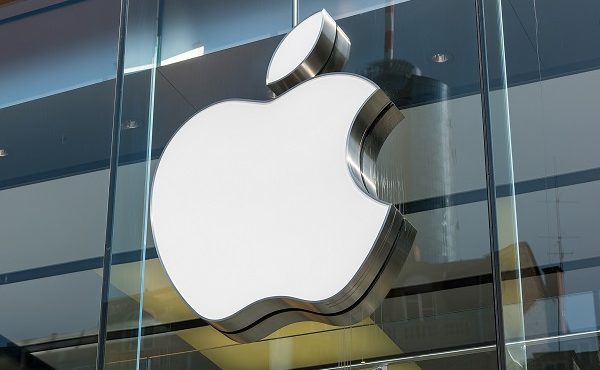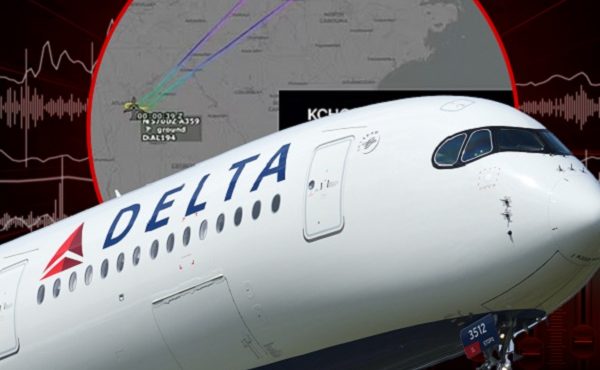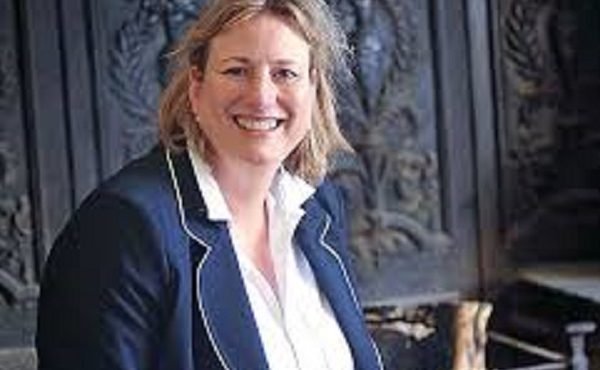The Libyan city of Derna has buried thousands of people in mass graves, officials said Thursday, as search teams scoured ruins left by devastating floods and the city’s mayor said the death toll could triple.
Read More »

The Libyan city of Derna has buried thousands of people in mass graves, officials said Thursday, as search teams scoured ruins left by devastating floods and the city’s mayor said the death toll could triple.
Read More »
Tunisia has banned a delegation from the European Parliament from entering its territory, provoking strong reactions from MEPs, some of whom have called for the suspension of the migration agreement concluded between the EU and Tunis signed in July.
Read More »
Amidst fears that the current wave of shoplifting in the UK is fuelled by Tik Tok, Shopkeepers and retail bosses are demanding urgent action to tackle the epidemic of shoplifting sweeping Britain’s high streets.
Read More »
Apple is facing a ban on the sale and potential recall of its smartphone – iPhone 12 in France over claims its radiation level exceeds radio frequency exposure limits by the nation’s regulator.
Read More »
A free-to-air British TV station is the butt of jokes on social media after a host’s disastrous attempt to deliver breaking news went horribly wrong.
Read More »
Kanye West and his ‘wife’ Bianca Censori have been banned for life by a Venice boat rental firm after an apparent indecent exposure incident last week.
Read More »
An explosive incident of diarrhea on a Delta flight from Atlanta to Barcelona forced the plane to turn around and make an emergency landing after a passenger sprayed excrement all the way through the plane.
Read More »
Another black tenth-grader is the latest victim of a viral Tik Tok challenge, Harris Wolobah from Massachusetts died on Friday following what his family said is from complications due to the “one chip challenge”, although results from a post-mortem is still being awaited.
Read More »
A former Conservative party MP has been slammed after trying to get a university to delete her family’s links to slavery.
Read More »
Apparently, France has overproduction of wine problem so much so that the government is allocating €200m to destroy the surplus wine and support producers.
Read More »